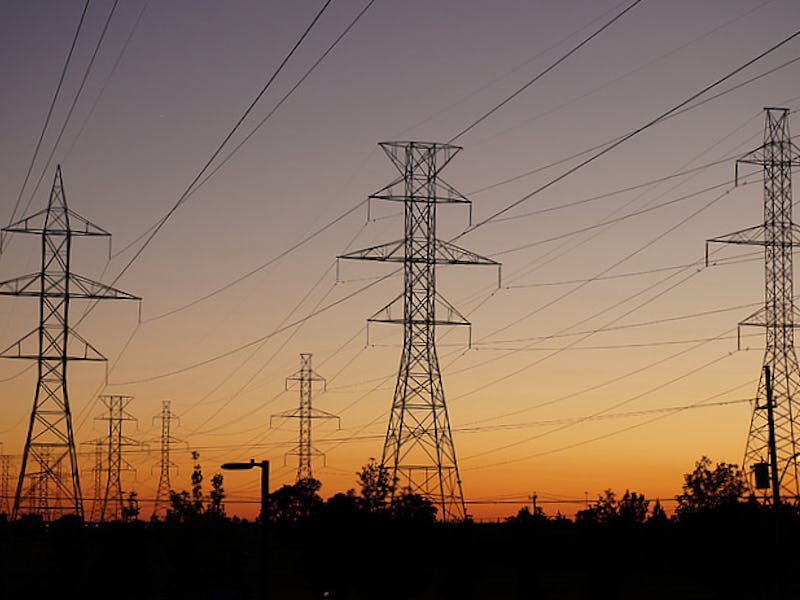The coronavirus outbreak is having an unexpected effect on the power grid
With businesses shut down around the nation, electricity demands appear to be decreasing.

While you may assume energy use is way up in the United States while people spend more time at home streaming Netflix shows, video chatting and posting things on social media, the closing of offices, restaurants, retail stores and other businesses appears to be lowering overall energy use in the United States. Cities haven't been shut down for too long, so we don't know the full effects of the coronavirus outbreak on the power grid, but reports from countries that went into lockdown earlier than the parts of the U.S. that are now locked down show a clear trend in this direction.
China had a more extreme lockdown than what we're seeing in the U.S., and the effects on the power grid were clear. The country has seen at least a 1.5 percent drop in industrial power consumption for the year because of the lockdown. Considering how large China is, that small number represents an entire year of power consumption for some countries.
Italy has also seen significant declines in energy use. Italy was the first European country to go into lockdown, and the country has seen a 16 percent decrease in peak power usage, according to numbers that were released earlier this month. Spain has thus far seen at least a 10 percent drop in energy use.
The coronavirus outbreak is affecting power grids that rely on fossil fuel energy and renewable energy alike, but it's specifically having a major impact on solar energy in at least one country. It was reported on Tuesday that the Middle Eastern country of Jordan is disconnecting all unsubsidized solar plants in the country as energy demands fall and the price of oil remains historically low. The country was previously getting 80 percent of its energy from fossil fuel sources.
Here in the United States, New York Independent System Operator claims daily energy use has decreased by roughly 2 to 3 percent. New York has the most coronavirus cases in the United States, with around 75,000 cases of the roughly 175,000 in the country. New York City has closed down non-essential businesses and generally ordered people to stay home.
New York is taking maintaining its power grid seriously and has taken the unprecedented step of having the workers who manage it live at the facilities that operate it. States around the country are watching New York to see how this unfolds and what can be learned from the measures being taken there.
Richard Dewey, chief executive officer of the New York Independent System Operator (NYISO), told E&E News that the high infection rate in the state forced them to take extreme steps to maintain the grid.
"We are the first grid operator to actually put the plan in motion, to move the operators on-site, and that's primarily because of the very high rate of infection that New York state is seeing, where it's much higher than in other parts of the country," Dewey said. "People are trying to gather information from us about what we did, what worked, what we think didn't work, sort of a lessons learned, so to the extent to this pandemic spreads more drastically across the country and they've got to take similar steps, they put those plans in place, as well."
Outside of New York, it appears demand for electricity has started to decline in other regions that have seen high infection rates. The difficult situation in New York shows that while energy consumption may be declining overall, making sure the people that keep the grid running are safe and able to continue working is a major challenge. It doesn't matter how low energy consumption gets if we don't have people available to maintain the power grid.
The Inverse analysis
Quarantines are changing our daily lives in numerous ways, and that's having many unexpected effects that we're going to have to learn to adjust to while we try to contain the spread of the virus. While some things can be predicted, as we've dealt with lesser virus outbreaks in the past, some changes will be unprecedented and so will our responses to those changes. When you're facing something that is unlike anything you've faced before, you simply have to take it one day at a time.